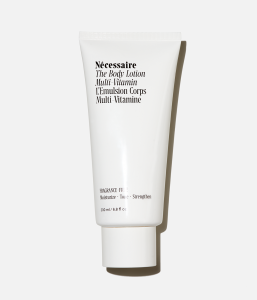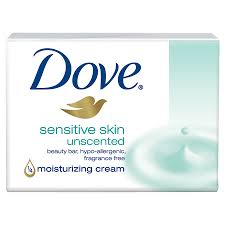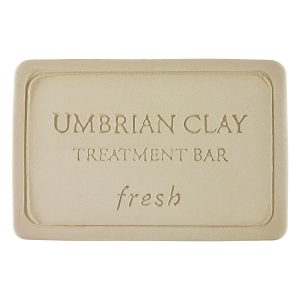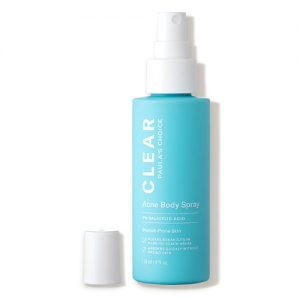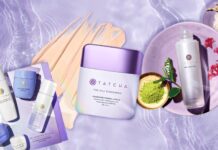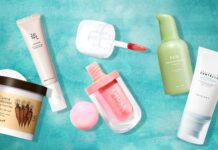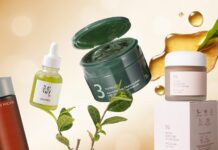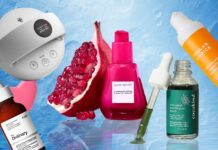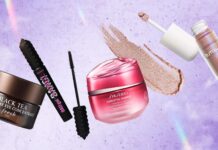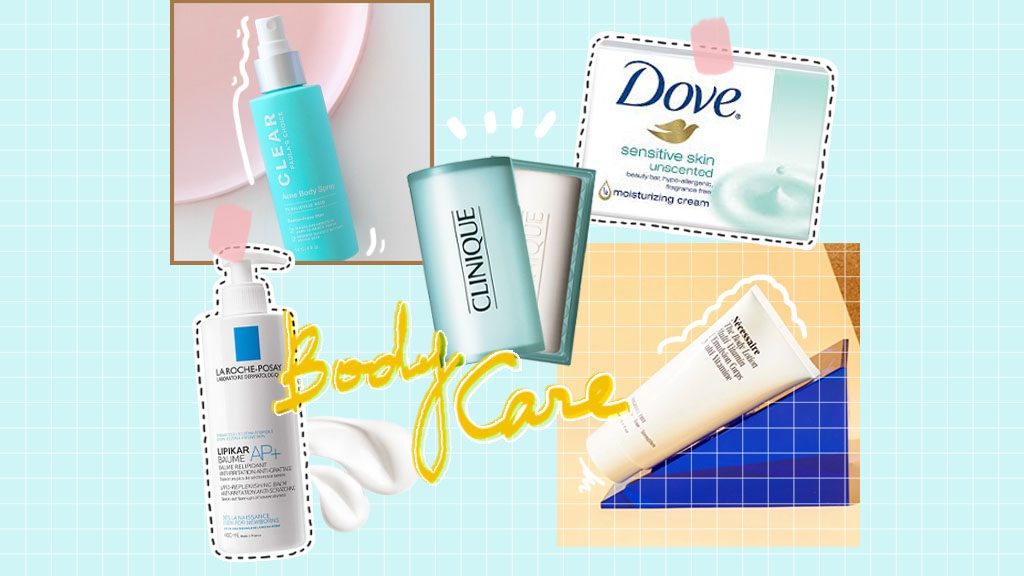
Body acne and dry skin may not be the cutest. These mostly temporary conditions are something we’ve all probably experienced or will at some point, experience in our lives.
Dry and Sensitive Skin
Having dry skin usually isn’t a serious issue. But itchy, tight, flaky, ashy or scaly skin can be uncomfortable and make you feel self-conscious. There are many causes and contributing factors to dry skin on the body. But it’s likely the case that dry skin is caused by damage to the skin’s natural barrier. In other cases, dry skin is a result of genetic factors and are therefore, permanent conditions.
Let’s go over some external and internal factors that lead to the breaking of the skin’s natural barrier.
Weather
Our skin tends to be the driest and most croissant-like during the cooler months, where temperatures and humidity levels drop. Cooler months also mean more heat which all further reduce humidity and dry-out our skin. Additionally, prolonged hot baths and showers can dry out our skin. Hot showers cause damage to the keratin cells which are located at the outermost layer (the epidermis). By disrupting these cells, your skin turns dry and prevents cells from locking in moisture. Did you know that even swimming in heavily chlorinated pools can also be drying on the skin?
Harsh Cleansers
There’s also harsh soaps and skin care products as they’re formulated to remove oils. But it could also make your skin feel exceptionally tight and dry after showering. In these cases, your cleansers may be too harsh.
Genetics
Some of us are born with oily skin while some of us are perpetually dry. We all produce a certain amount of sebum to keep our skin protected and naturally moist and hydrated. While oily skin types produce excess amounts, dry skin types produce very little sebum. This means that people with dry skin types have to rely on external help to protect the skin.
Ingredients for Dry Skin
Hyaluronic Acid & Ceramides
Hyaluronic acid hydrates and quenches the thirstiest and most dehydrated skin. Ceramides create a barrier to prevent moisture loss and block the harsh external pollutants from entering into the skin’s deeper layers.
Niacinamide
Niacinamide builds protein in the skin and locks in moisture. Think of niacinamide as a construction worker building a house or our skin. Niacinamide acts as the supplier and works to fill in empty spaces from the brick wall.
Antioxidants
There’s also antioxidants like vitamin C and E to limit the production of free radicals within the body and skin. Free radicals damage skin cells and this damage can lead to early aging, wrinkles, and a compromised skin barrier.
Body Acne
Acne tends to thrive wherever there is a high concentration of oil glands similar to the face. The same applies to your body. The upper half of our body has more sebaceous glands compared to the other areas of the body. When there are more sebaceous glands, this indicates that your face, chest, and back are prone to breakouts.
Our lifestyle plays an enormous role in our body breakouts. It could be caused by genetics, hormones, stress, and sweat.
Sweat is our body’s natural cooling system to help the body prevent overheating. But the bacne happens when we finish a workout and excess sweat seeps into our clothes and proes. Since the sweat has nowhere to go, the hair follicles on the back trap the sweat and bacteria. This is the primary reason why you can find breakouts on your back.
To combat this, remove sweat soaked clothes and rinse off the remaining sweat on your skin immediately after.
Did you also know that your jewelry and accessories are also creating friction that can aggravate your body acne? The body acne caused by friction is called acne “mechanica”. This is defined as physical factors such as pressure, friction, and rubbing against the skin causes acne.
Diet and Hormones
If you have sensitive skin, sugar and dairy can contribute to inflammation in your body and therefore your breakouts. So when it comes to that time of the month, our hormones fluctuate and contribute to our food cravings. But did you know that sugar and dairy can directly trigger sebaceous glands to produce more oil? The more sebum is produced by the sebaceous glands, the more likely it can contribute to acne and breakouts.
So while it’s not bad to occasionally indulge in that slice of cake or a can of soda, it’s good to be mindful of the foods you eat. You can substitute sugary drinks for seltzer water, matcha, or tea. As for food, you can substitute sugary foods for fruits and they also make a lot of difference.
Cleanliness
On average, we spend about six to eight hours sleeping every night while our sheets get soaked in sweat, hair oils, bacteria, and dead skin cells without even knowing it. So washing your sheets more often can help but you can also consider sleeping on sheets made with natural fibers. Sheets made with cotton are more breathable and naturally transfers less oils.
General Body Care
The first thing to do is to gently exfoliate the skin. But doing so, you’re helping to remove dead skin cells and preventing your pores from clogging up. Another good method is dry brushing. Dry-brushing helps with blood circulation, decrease fluid retention, and prevent potential breakouts in the skin.
Did you also know that your shampoos and soaps can also cause body acne? When you rinse your hair in the shower after lathering up, you’re allowing the shampoos and conditioners to run down your body. Washing your body after shampoo or conditioner helps to remove any remaining traces and effectively leaves your skin clean.
Ingredients for Treating Body Acne
Salicylic Acid
This BHA is great for killing off P.Acnes and dissolving the skin’s keratin. This allows the BHA to penetrate into the pores to dissolve skin buildup. It also helps in shedding that top layer of skin.
Chemical Exfoliants
As for the AHAs, glycolic acid, lactic acid, and mandelic acid help encourage cell turnover and does well to break down dead skin cells and unclog pores.
Retinol
We also have retinol which is great for minimizing the amount of sebum in the pores to prevent future and upcoming breakouts.
Diluted Essential Oils
There’s also eucalyptus and tea tree which help soothe the body, so any product that works for your face is also good for the skin. There’s also eucalyptus and tea tree which help soothe the body, so any product that works for your face is also good for the skin.
Product Recommendations
For Dry Skin
For Body Acne
For more detailed information on body care & acne, check out the full video:
Head over to more information and product recommendations:


